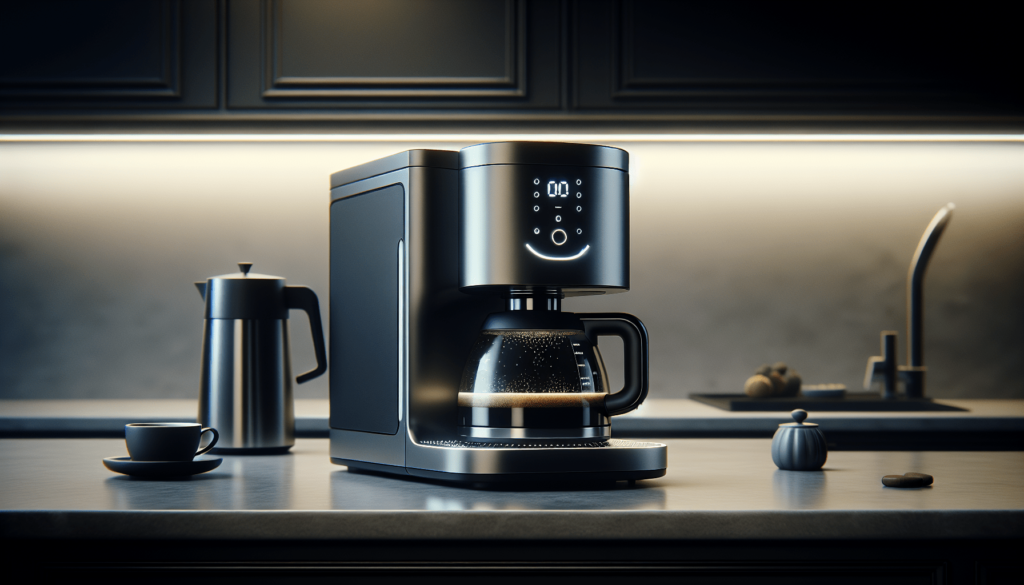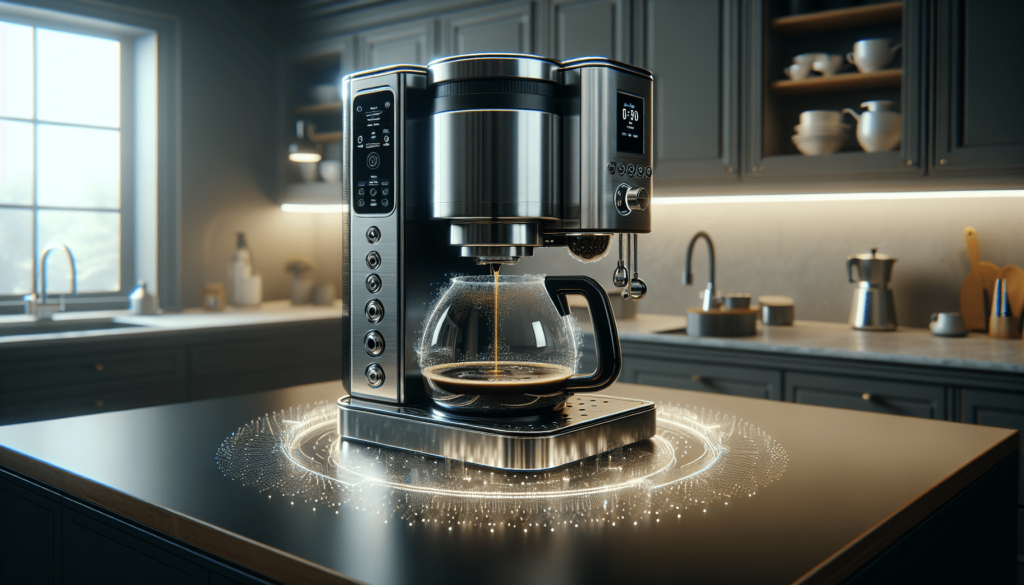Have you ever wondered how long your coffee maker will actually last? If you’re someone who cherishes that morning cup of joe, knowing the lifespan of your coffee maker can help you plan and ensure you’re never caught off guard by a malfunctioning machine.
The Lifespan of Coffee Makers
What Determines the Lifespan of a Coffee Maker?
Several factors contribute to how long a coffee maker will serve you well. These factors include the type of coffee maker you own, how often you use it, and how well you maintain the machine. Let’s explore these elements in more detail.
Types of Coffee Makers and Their Expected Lifespan
The type of coffee maker you have can play a significant role in its lifespan. Generally, the longevity varies between different types, such as drip coffee makers, single-serve machines, and espresso makers.
| Type of Coffee Maker | Average Lifespan |
|---|---|
| Drip Coffee Makers | 5-10 years |
| Single-Serve Machines | 2-5 years |
| Espresso Machines | 7-10 years |
Drip Coffee Makers
Drip coffee makers are the most common type found in households. These machines can last anywhere from 5 to 10 years, depending on the brand and how often you use them. Regular cleaning and maintenance can help you get closer to or even exceed the upper limit.
Single-Serve Machines
Single-serve coffee makers, such as those that use pods or capsules, have a shorter lifespan, typically around 2 to 5 years. This shorter lifespan can be attributed to the specialized technology and components that these machines use, which can wear out more quickly than the more straightforward drip models.
Espresso Machines
Espresso machines, which can be more complex and expensive, usually have a lifespan ranging from 7 to 10 years. High-end models and those with regular maintenance can last even longer.

Frequency of Use
How often you use your coffee maker also affects its longevity. Daily use will naturally wear down the machine faster than occasional use. Below is a general guide to help you estimate the lifespan based on usage frequency.
| Usage Frequency | Expected Lifespan |
|---|---|
| Daily | Lower range of average lifespan |
| Several times a week | Mid to upper range of average lifespan |
| Occasionally | Upper range of average lifespan or longer |
If you’re brewing multiple times a day, expect more wear and tear, meaning you might need to replace your coffee maker sooner than someone who uses it only on weekends.
Quality and Brand
Not all coffee makers are created equal. Premium brands and models made with higher-quality materials tend to last longer than budget options. Investing in a reputable brand can be more cost-effective in the long run, as such models often come with better warranties and customer support.

Maintenance and Care
Your coffee maker will last much longer if you take good care of it. Here are some maintenance tips to extend its life:
| Maintenance Task | Frequency |
|---|---|
| Descaling | Every 3-6 months |
| Cleaning removable parts | Weekly |
| Replacing water filters | As recommended by manufacturer |
| Checking for wear and tear | Monthly |
Descaling
Descaling removes mineral buildup from your machine. If left untreated, these minerals can clog your coffee maker and impair its functionality. Most manufacturers recommend descaling your coffee maker every 3 to 6 months.
Cleaning Removable Parts
Removable parts like the carafe, filter basket, and drip tray should be cleaned weekly. Regular cleaning prevents coffee oils and residue from accumulating, which can affect the taste of your coffee and the efficiency of the machine.
Replacing Water Filters
If your coffee maker uses a water filter, follow the manufacturer’s guidelines for replacement. A fresh filter ensures your water is clean, which is essential for good-tasting coffee and helps reduce mineral buildup.
Checking for Wear and Tear
Regularly inspecting your coffee maker for any signs of wear and tear can help you catch small issues before they become major problems. For instance, check the power cord for any fraying and ensure that buttons and switches are working correctly.
Signs Your Coffee Maker Might Be Near the End of Its Life
No one likes to be caught off guard by their coffee maker giving out. Here are some signs that your machine might be nearing the end of its lifespan:
- Inconsistent Brewing Time: If your coffee maker takes longer than usual to brew, it could indicate a problem.
- Unusual Noises: Grinding or other strange noises may suggest internal issues.
- Poor Coffee Quality: Alterations in taste and temperature may mean your machine isn’t working efficiently.
- Frequent Breakdowns: If you find yourself frequently troubleshooting or repairing your coffee maker, it might be time for a replacement.
When to Consider a Replacement
Even with the best care, there will come a time when your coffee maker needs replacing. If you’re experiencing any of the signs above consistently and repair doesn’t solve the issues, it might be time to shop for a new machine.
Environmentally Considerate Disposal
When it’s finally time to say goodbye to your old coffee maker, consider the environment. Many parts of a coffee maker can be recycled, and some manufacturers offer recycling programs. Check your local recycling guidelines to dispose of your machine responsibly.
Prolonging the Life of Your Coffee Maker
While no coffee maker lasts forever, adopting good maintenance habits can significantly extend its lifespan. Regular cleaning, descaling, and prompt repairs will ensure you get the most out of your machine.
Energy Efficiency
Not only does maintenance extend the life of your coffee maker, but it also keeps it operating efficiently. An efficient machine uses less energy, which is good for the environment and your utility bills.
Common Mistakes to Avoid
To extend the life of your coffee maker, it’s helpful to know some common mistakes that can shorten its lifespan:
- Using Hard Water: Hard water can lead to mineral buildup. Use filtered or soft water if possible.
- Ignoring Cleaning Schedules: Skipping regular cleaning can lead to buildup of oils and residues, affecting performance and taste.
- Overfilling the Machine: Adding more water than the machine is designed to handle can lead to leaks and other problems.
- Using Incorrect Supplies: Always use supplies recommended by the manufacturer, including filters and cleaning agents.
Conclusion
While the lifespan of a coffee maker can vary widely depending on the type, usage, and care, a well-maintained coffee maker can provide years of reliable service. By understanding the factors that affect longevity and adopting good maintenance habits, you can ensure that your machine lasts as long as possible while consistently delivering that perfect cup of coffee every morning.
